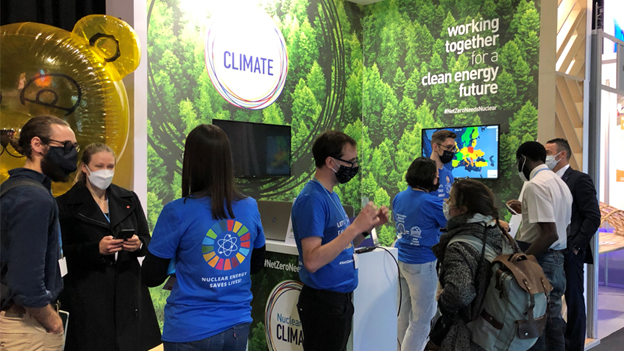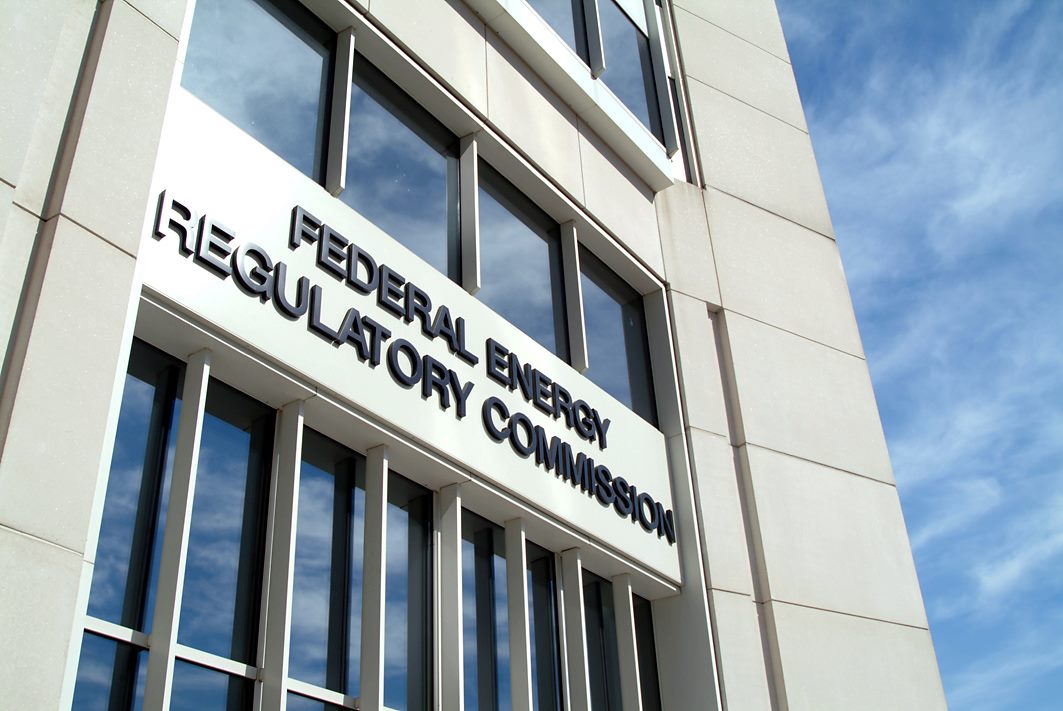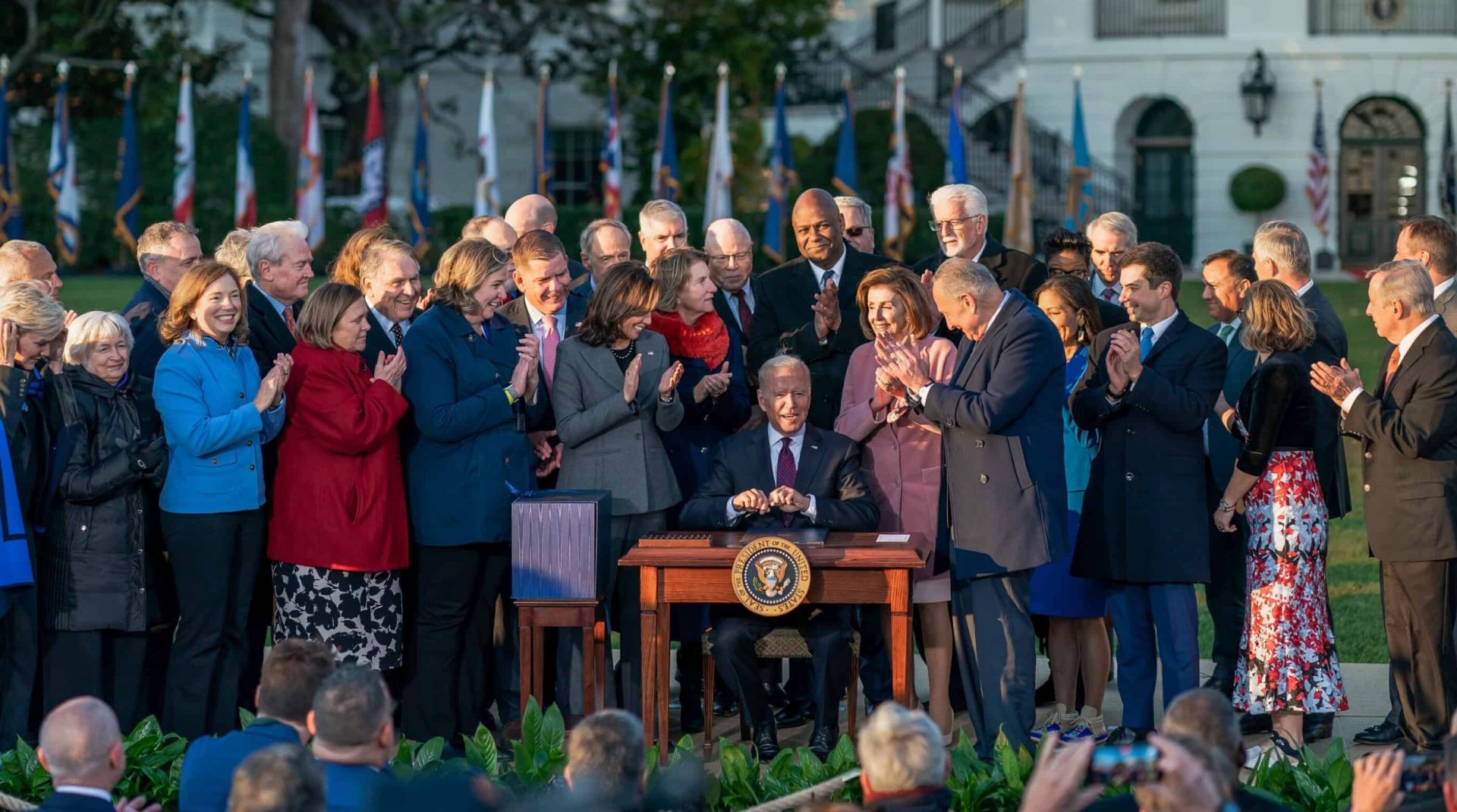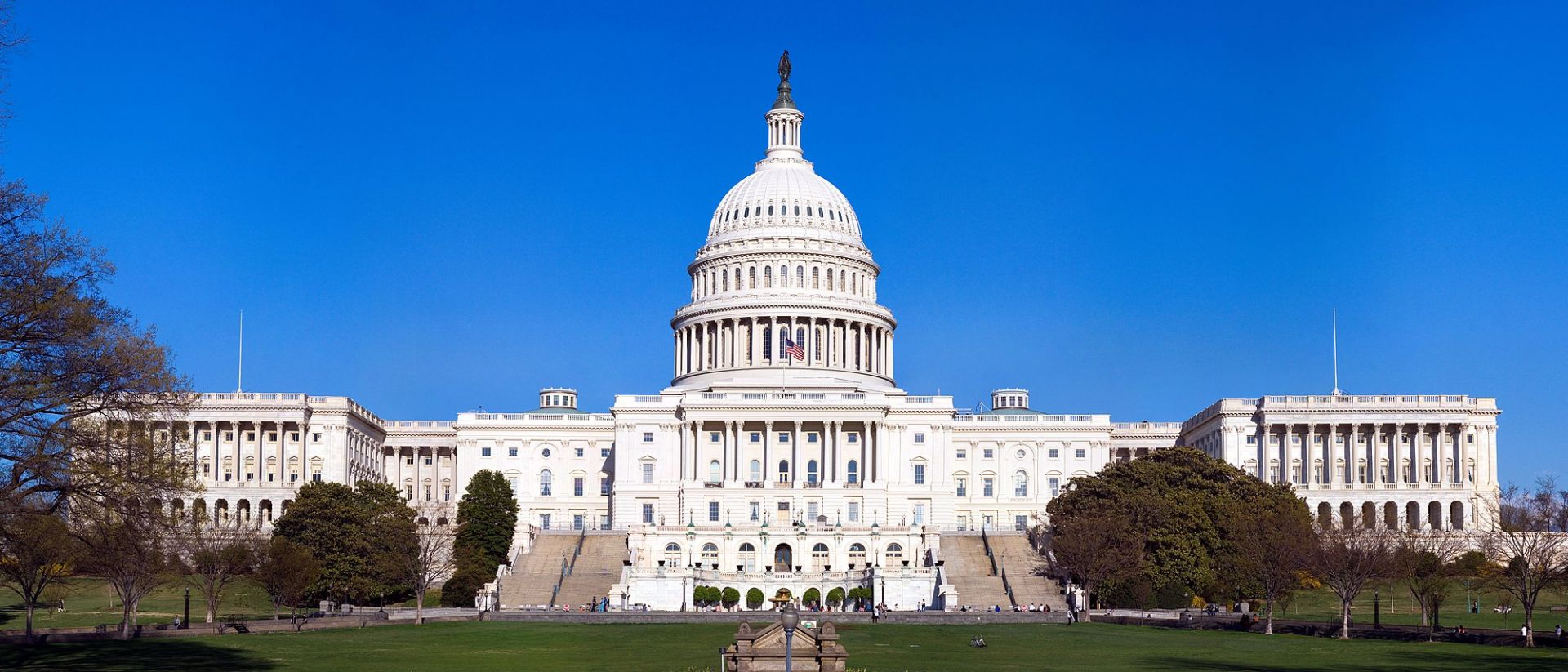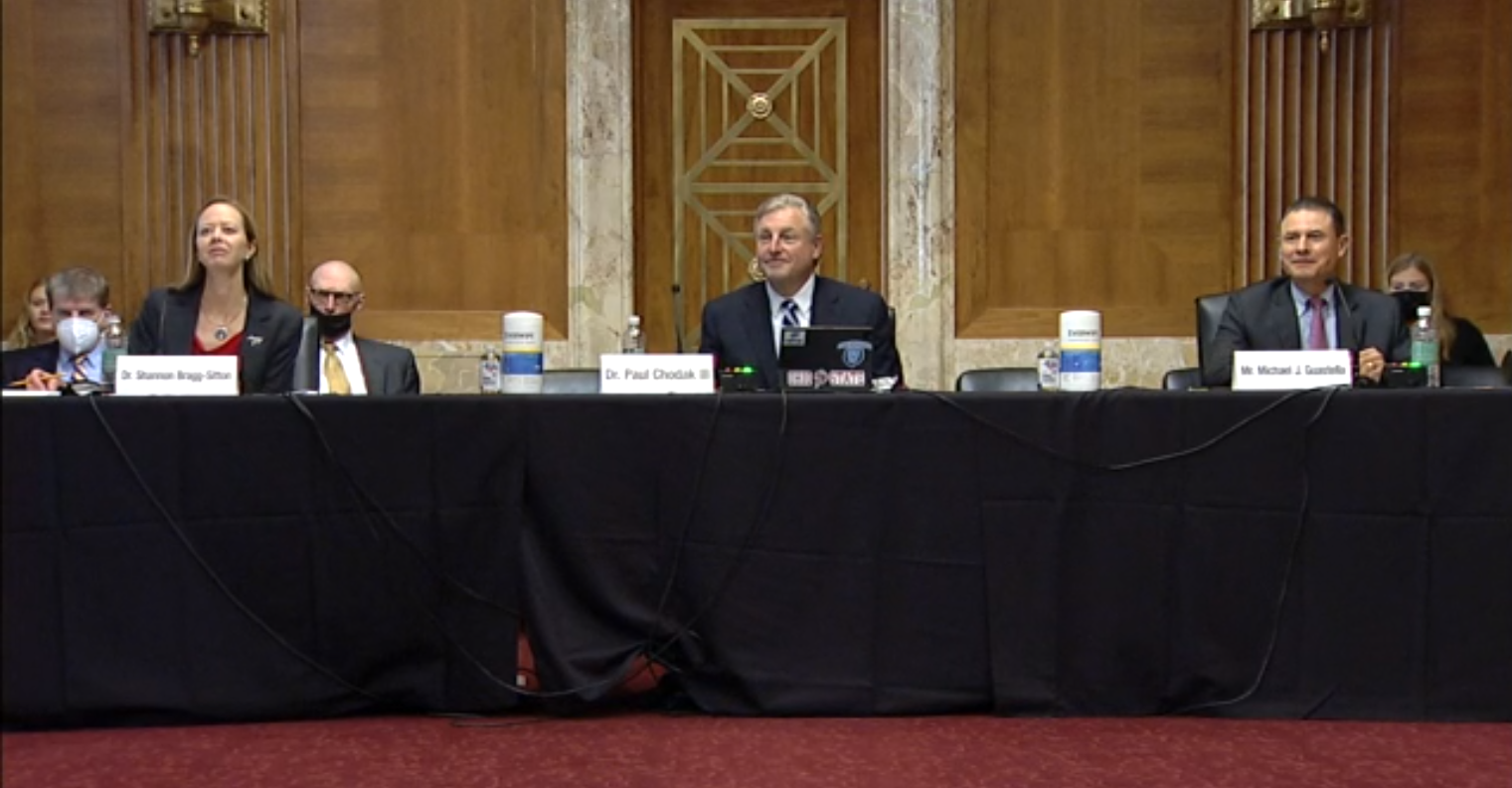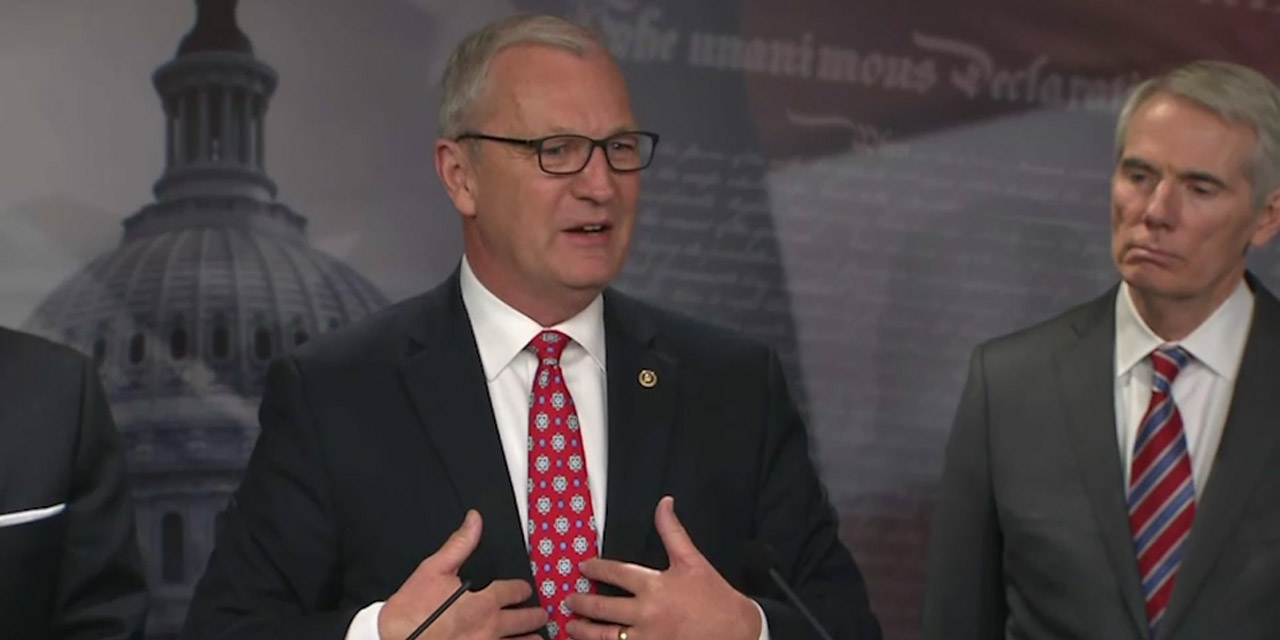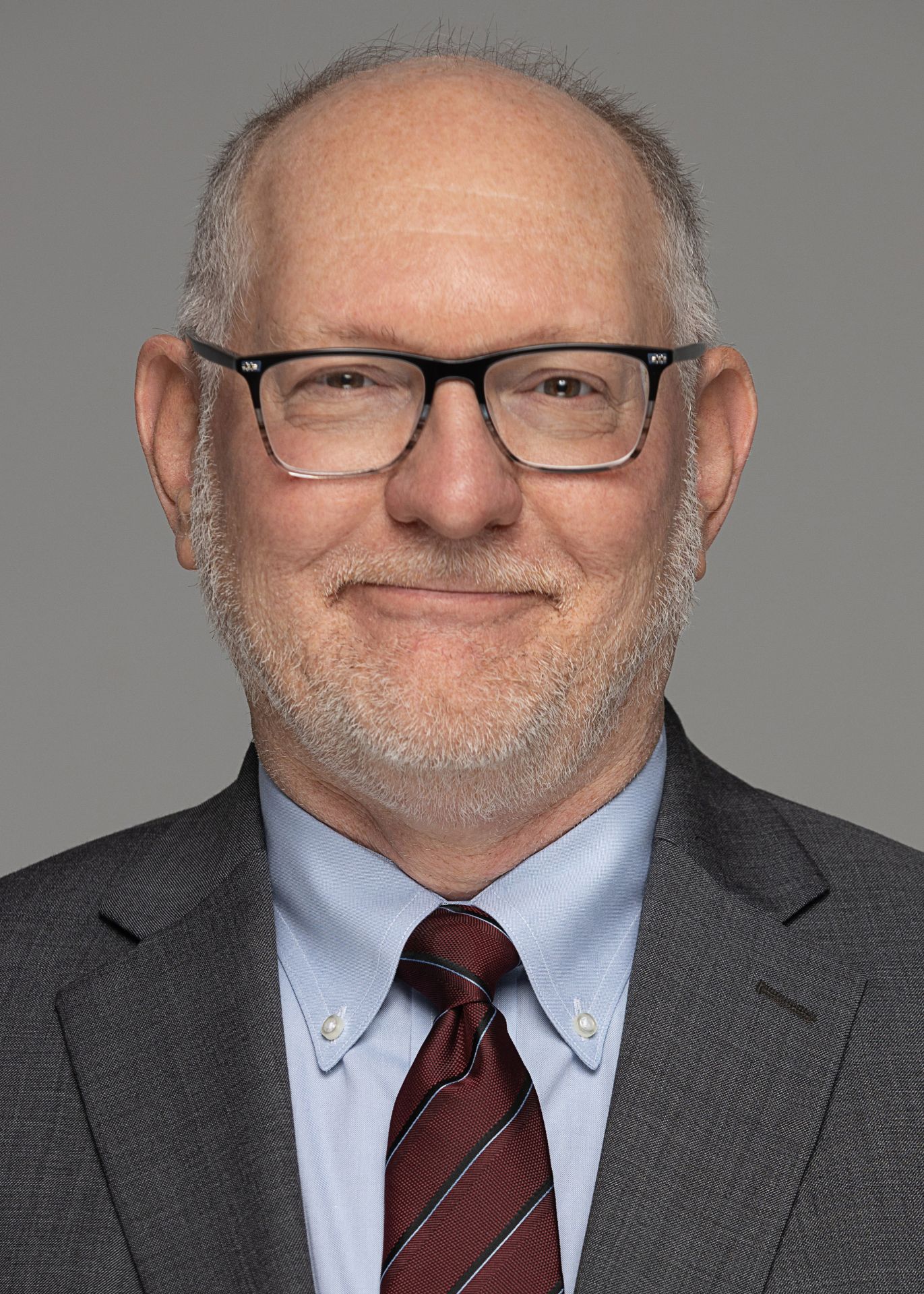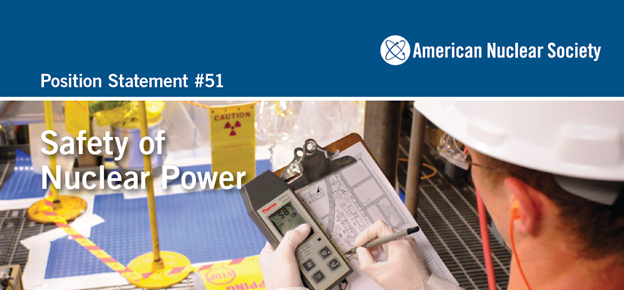Volunteers staff the Nuclear for Climate booth in the COP26 conference center. (Photo: Raquel Heredia Silva)
ANS sponsored 10 young nuclear professionals from the Young Generation Network, a branch of the U.K.’s Nuclear Institute, to attend COP26, the 2021 United Nations climate change conference, held in Glasgow, Scotland, where they helped deliver what was “by all accounts nuclear’s best representation at the COP ever,” according to George Burnett, one of four U.K.-based attendees sponsored by ANS.
From left, Shannon Bragg-Sitton, Paul Chodak, and Michael J. Guastella appear before the Senate Committee on Energy and Natural Resources on November 4.
As Congress awaited key votes yesterday on spending bills that include production tax credits for at-risk plants and a new amendment adding $500 million in supplemental funding over five years to increase the availability of high-assay low-enriched uranium (HALEU), the U.S. Senate Energy and Natural Resources Committee held a Full Committee Hearing On Potential Non-Electric Applications Of Civilian Nuclear Energy. Sen. Joe Manchin (D., W.V.), chairman of the committee, emphasized that “advanced nuclear reactors hold enormous potential to provide opportunity to communities across the country with zero-emission baseload power” and made it clear he expects new reactors to replace retiring coal plants in his home state of West Virginia.
Speaking before the committee were Shannon Bragg-Sitton of Idaho National Laboratory, Paul Chodak III of American Electric Power, and Michael J. Guastella of the Council of Radionuclides and Radiopharmaceuticals.
North Dakota Sen. Kevin Cramer speaks at a November 3 press conference announcing the American Energy, Jobs & Climate Plan.
A trio of Republican lawmakers from Western states—Sens. Dan Sullivan (Alaska), Kevin Cramer (N.D.), and Cynthia Lummis (Wyo.)—held a press conference at the Capitol yesterday to announce the American Energy, Jobs & Climate Plan, a response to what they termed the “Biden-Kerry Green New Deal.” Also in attendance were fellow Republican senators Ted Cruz (Texas), John Kennedy (La.), and Rob Portman (Ohio).
The plan is “an innovative clean energy and climate strategy with the potential to reduce global [greenhouse gas] emissions by up to 40 percent from today’s levels by 2050 and create thousands of jobs for hard-working Americans,” according to a press release from Sullivan’s office.
In April, the Biden administration announced a target of net-zero GHG emissions by 2050, with an interim target of a 50–52 percent reduction from 2005 levels by 2030.
(Source: Peter Schrank/The Economist)
“Where nuclear power was once a source of unity for Europe, today it is a source of discord.” So states The Economist’s October 30 “Charlemagne” column—a regular source of commentary on European politics in the weekly publication—before deftly dissecting nuclear power’s continental divide and picking a winner.




